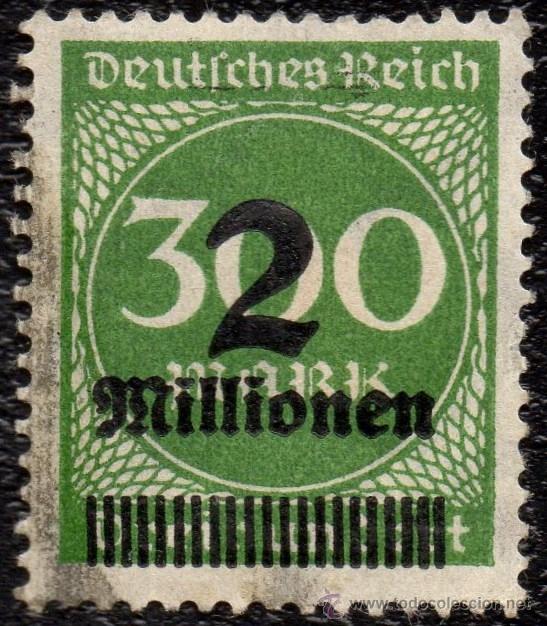APRIL 15, 2020 – Recently, all set to “do our taxes” by the traditional deadline, I realized that thanks to The Virus, the filing deadline is now July 15. Then a client called: what could he do with retail clients who can’t pay rent? (Fortunately, the client’s property isn’t mortgaged.) “Negotiate,” I said, “but condition any accommodation on tenants’ immediate application for the ‘PPP.’” (The SBA “Payroll Protection Program.”) In other words, “Tell tenants to apply for free money from the government.”
Meanwhile, I’m waiting for my own stimulus check from the government. And I don’t care if Donald’s name is on it—as long as any merchant will still accept a check with my name on it, I’ll accept Mickey Mouse money.
But in some cases, funny money will buy little more than a barrel of laughs—or fears. I remember the inside covers—front and back—of my dad’s boyhood stamp collection album. They were plastered, edge-to-edge, with postage stamps of the Weimar Republic during hyperinflation (1921 through 1923). The “hyper” part was evident by the postal service stamping “2 MILLIONEN” (for example) in black ink over an engraved, “300 mark” stamp issued a short time previously. As a fourth grader, I was able to understand that the stamps were worthless, since my dad had used scores of them to decorate the inside covers of his album.
Meanwhile . . . in the 60-episode Netflix show I’m watching about Simón Bolívar, who learned early on that the three most important things about waging war are 1. Money; 2. Money; and 3. Money. As Bolívar seeks to extend his war against the Spanish, he orders his former comrade-in-arms, General Santander (then installed by Bolívar as vice-president of the fledgling New Grenada (Columbia)), to “send money NOW!” Flustered, Santander first mints coins made of silver alloy. Before he can deliver the change to Bolívar (who, in turn, would use it to pay soldiers), Santander’s ploy is discovered—by ordinary merchants when in advance some of the coinage finds its way into the street markets. In an instant, the metal money turns into funny money. (Santander then issues an edict forcing citizens to “loan” the government money (i.e. hand over their gold and silver)). When he sends his minions out to collect the “loan proceeds,” people ask rhetorically what has been gained with hard-fought liberation from the confiscatory tax regime of the Spanish Royalists.)
Are we headed in the same direction as “New Grenada” and the Weimar Republic? Maybe. Analogies to very different times and circumstances can easily lead astray. Just as comparisons of government fiscal/monetary policies to household budgeting quickly go off track. (A better comparison: government finance to corporate finance—large, publicly-traded companies with the ability to issue rated, investment grade debt, and having perpetual legal existence—human households, by contrast, have limited debt-issuance ability, and eventually retire “go out of business” before they die, and then, eventually, do die.)
In all events, we should be historically aware, analytically alert, and presently cautious.
(Remember to subscribe to this blog and receive notifications of new posts by email.)
© 2020 by Eric Nilsson
